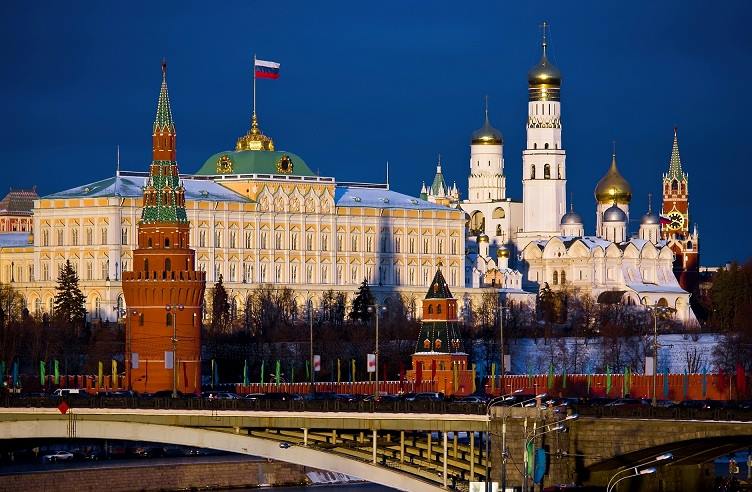- ASRY Awarded 2024 RoSPA Gold Medal in Health and Safety
- BP ponders shifting focus away from renewables, say sources
- QatarEnergy enters 10-year naphtha supply agreement with Japan’s ENEOS Corporation
- The International Energy Agency expects oil demand growth to slow in 2024
- The International Monetary Fund re-selects Kristalina Georgieva as its director
- Libya to target producing 1.4 million b/d by end 2024
- TotalEnergies launches the Marsa LNG project and deploys it multi-energy strategy in Oman
- H.E. Minister Al-Kaabi: Demand for oil and gas will continue for long; we have to be responsible, and Qatar is doing its part
- Egypt to stop exporting LNG starting from the beginning of May 2024
- QatarEnergy selects Nakilat to own and operate 25 conventional LNG vessels

Russian Energy Minister Alexander Novak: We’re ready to discuss cutting oil output volumes

In an interview with Bloomberg, Russian Energy Minister Alexander Novak said, “We’re ready to discuss the issue of cutting oil output volumes and ready to consider the possibility. “This should be a consensus to make sense, and Russia has participated in such meetings before and “nothing new happened” he added.
Russian economy today is critically needs pushing non-oil sectors as the economy suffers for a long period from low oil prices, Russian Economic Development Minister Alexei Ulyakayev said. He added “the ministry needs to develop an economic foundation outside the energy sector if it’s to endure the weakened oil economy”.
Russia relies heavily on exports of oil and gas for government revenue, leaving its economy vulnerable to lower energy prices. Crude oil prices are 50% percent lower than this date in 2014 mainly because of the increase in global oil production.
According to Bloomberg, most economists said that lower oil and gas prices are next year’s biggest risk for Russia, which is unprepared to ride out another shock on the oil market. Other dangers for 2016 include geopolitics, strains in the banking industry and the ruble.
Further complicating the outlook are geopolitical tensions that followed the downing of a Russian warplane by Turkey in Syria last month and pushed investors to sell Russian assets. In addition to events in the Middle East, Russia also has to contend with international sanctions over the conflict in Ukraine.
UPI sources asserts deterioration of the Russian Ruble which falls to 80 per dollar, and that is the third-worst performance among its emerging-market peers after Brazil’s real and Colombia’s peso. Ruble has lost 9% of its value since the start of 2016 as the price of oil declined, and that in its turn adversely affects the Russian purchasing power. The economy has also been hit by the west economic sanctions for the 2014 annexation of Crimea and doing business in Russia remains uncertain for many companies.










